Title: Choosing Between Flexible Metal Conduit and MC Cable for Your Electrical Projects Introduction: When it comes to electrical installations, it’s essential to make informed decisions about the materials you choose. Two popular options for providing protection to electrical wiring are flexible metal conduit (FMC) and metal-clad cable (MC). While both offer excellent benefits, understanding their differences can help you select the most suitable option for your specific application. #1. Understanding Flexible Metal Conduit (FMC): Flexible metal conduit, also known as “greenfield,” is a lightweight and durable option for protecting electrical wiring in residential and commercial buildings. Made of a flexible metal sheath, FMC consists of a series of interlocking metal strips that provide strength and flexibility. Advantages of FMC: – Flexibility: FMC is easily bendable and can be routed around obstacles, making it ideal for installations that require tight turns or complex layouts.
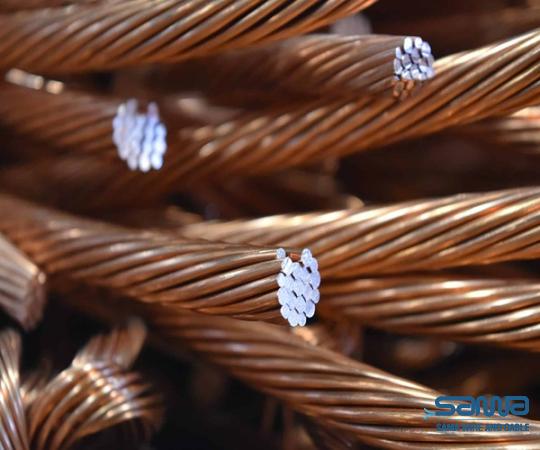
.
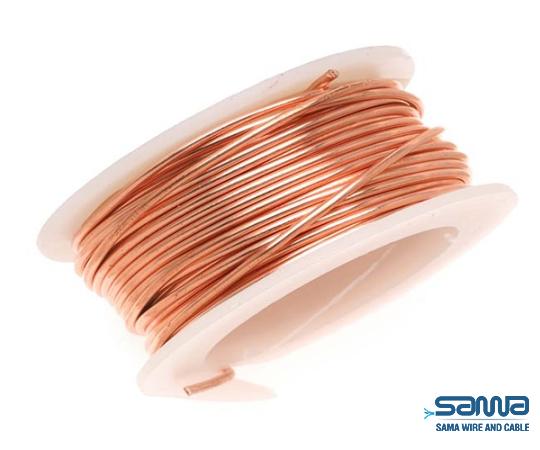 – Ease of installation: The interlocking design of FMC simplifies installation by snapping the pieces together, saving time and effort compared to other wiring protection methods. – Cost-effective: FMC is generally cheaper than other options and can significantly reduce labor costs during installation. Considerations for FMC: – Limited protection against physical damage: While FMC offers a certain level of mechanical protection, it may not be as robust as MC cable. Additional safeguards may be necessary in environments with heavy foot traffic or potential for impact. – Grounding required: FMC needs to be properly grounded to ensure electrical safety. #2. Exploring Metal-Clad Cable (MC): Metal-clad cable, often referred to as “MC cable,” combines the advantages of both FMC and traditional wiring methods. It consists of insulated electrical conductors encased in a protective metal sheath, providing enhanced durability and protection against physical damage.
– Ease of installation: The interlocking design of FMC simplifies installation by snapping the pieces together, saving time and effort compared to other wiring protection methods. – Cost-effective: FMC is generally cheaper than other options and can significantly reduce labor costs during installation. Considerations for FMC: – Limited protection against physical damage: While FMC offers a certain level of mechanical protection, it may not be as robust as MC cable. Additional safeguards may be necessary in environments with heavy foot traffic or potential for impact. – Grounding required: FMC needs to be properly grounded to ensure electrical safety. #2. Exploring Metal-Clad Cable (MC): Metal-clad cable, often referred to as “MC cable,” combines the advantages of both FMC and traditional wiring methods. It consists of insulated electrical conductors encased in a protective metal sheath, providing enhanced durability and protection against physical damage.
..
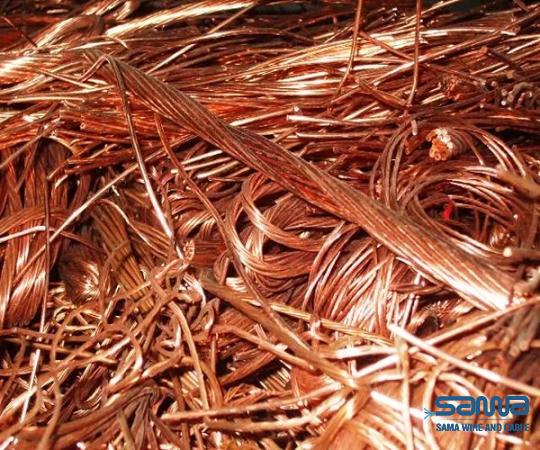 Advantages of MC Cable: – Superior protection: MC cable offers enhanced protection against moisture, fire, and impact, making it suitable for rugged environments where wiring is subjected to potential damage. – Grounding included: The metal sheath of the MC cable provides grounding capabilities, eliminating the need for a separate grounding conductor. – Versatility: MC cable can be used for both exposed and concealed installations, making it a versatile option for various applications. – Compliance with building codes: MC cable meets the safety standards and requirements of most building codes, ensuring the electrical installation is in compliance. Considerations for MC Cable: – Less flexibility: Compared to FMC, MC cable is less flexible and may not be suitable for installations requiring tight bends or intricate layouts.
Advantages of MC Cable: – Superior protection: MC cable offers enhanced protection against moisture, fire, and impact, making it suitable for rugged environments where wiring is subjected to potential damage. – Grounding included: The metal sheath of the MC cable provides grounding capabilities, eliminating the need for a separate grounding conductor. – Versatility: MC cable can be used for both exposed and concealed installations, making it a versatile option for various applications. – Compliance with building codes: MC cable meets the safety standards and requirements of most building codes, ensuring the electrical installation is in compliance. Considerations for MC Cable: – Less flexibility: Compared to FMC, MC cable is less flexible and may not be suitable for installations requiring tight bends or intricate layouts.
…
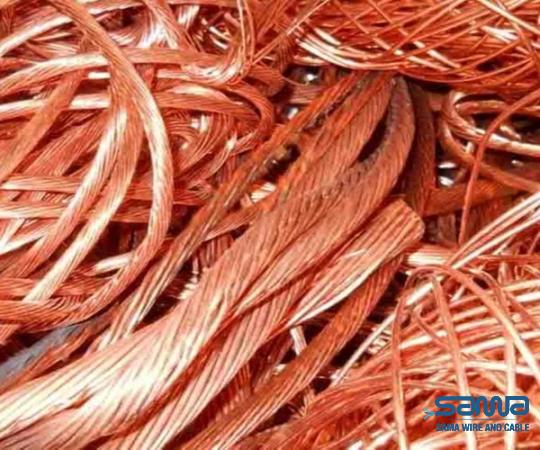 – Higher cost: MC cable is generally more expensive than FMC due to its added protective features and compliance with safety standards. Conclusion: In the realm of electrical installations, choosing between flexible metal conduit (FMC) and metal-clad cable (MC) depends on specific project requirements. FMC offers flexibility and cost-effectiveness, making it suitable for less demanding applications. On the other hand, MC cable provides superior protection against physical damage, moisture, and fire, making it an excellent choice for more rugged environments. By understanding the advantages and considerations of each option, electrical professionals can make informed decisions to ensure safe and reliable electrical installations.
– Higher cost: MC cable is generally more expensive than FMC due to its added protective features and compliance with safety standards. Conclusion: In the realm of electrical installations, choosing between flexible metal conduit (FMC) and metal-clad cable (MC) depends on specific project requirements. FMC offers flexibility and cost-effectiveness, making it suitable for less demanding applications. On the other hand, MC cable provides superior protection against physical damage, moisture, and fire, making it an excellent choice for more rugged environments. By understanding the advantages and considerations of each option, electrical professionals can make informed decisions to ensure safe and reliable electrical installations.
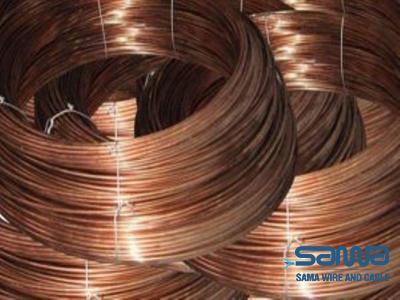
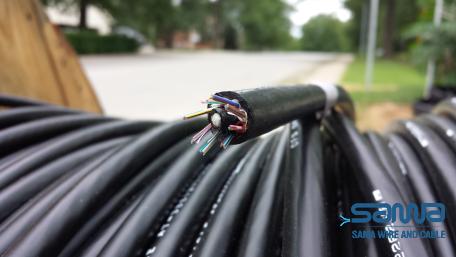
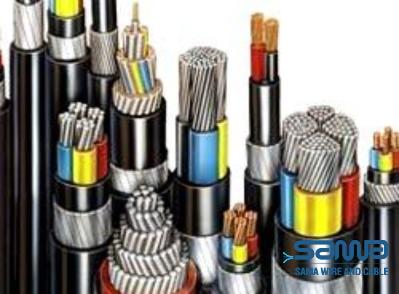
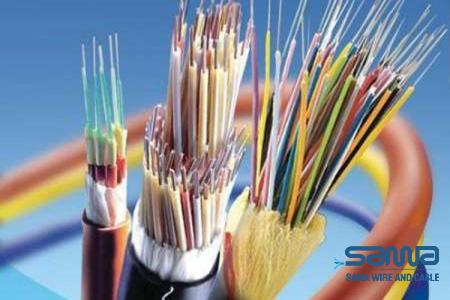
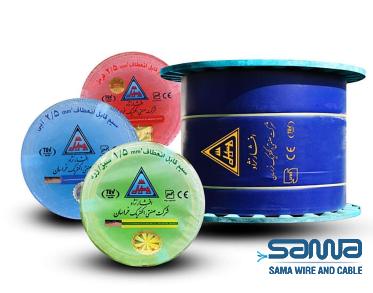
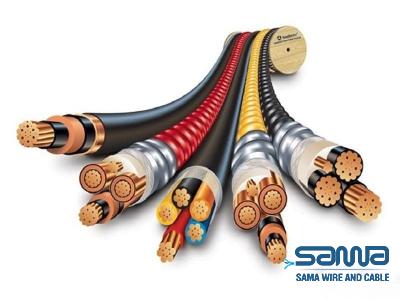
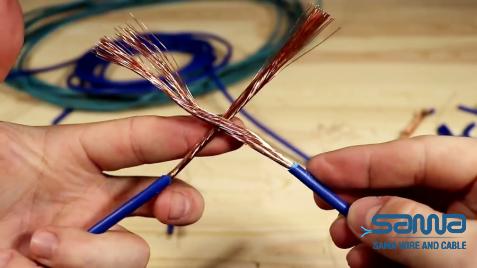
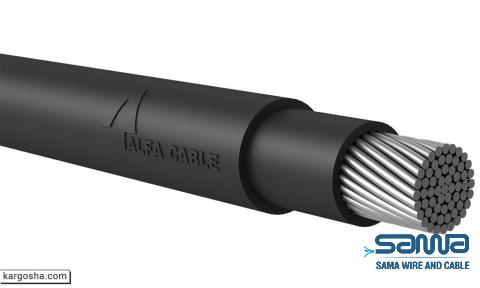
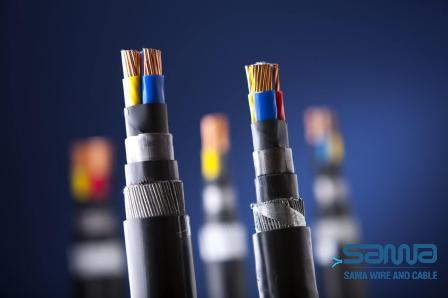
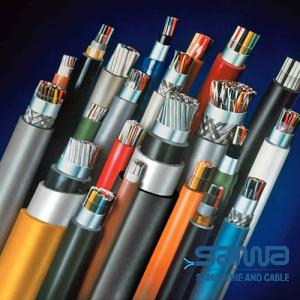
Your comment submitted.